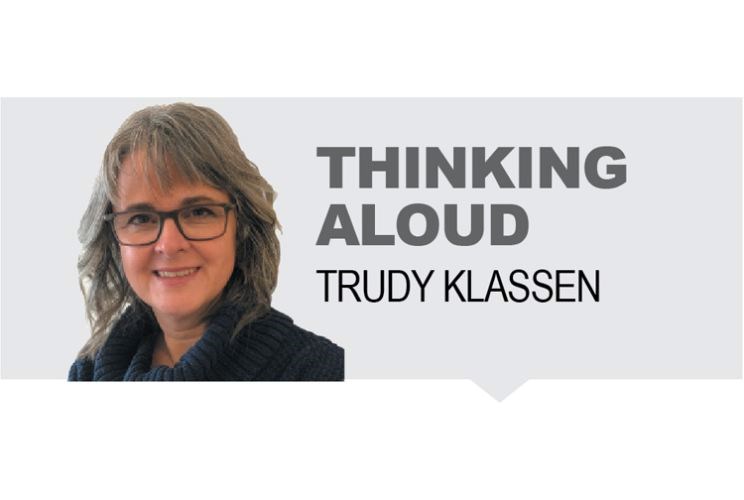Watching and participating in an online group of concerned residents about the proposed plastics plant has been interesting. I didn't really learn anything new but I was reminded that it is never a good look to be so certain of our own superiority that anyone with a contrary view must have evil motives.
I did, however, learn something new from an old friend, offline, when I told her about this group of concerned residents. My friends said Prince George has good air, so there was no need to be panicked. If I hadn't been buckled into a vehicle when she said that, I may have fallen off my chair!
Having been a resident of the Regional District of Fraser Fort George for 25 years, I was deeply steeped in the knowledge that Prince George has very bad air and was very sure that we should not add any industry that might add even a microgram of pollutant to our city's airshed. My friend, however, was surprised that I thought that. She challenged me to look around the world to compare our air in order to give Prince George a fair assessment.
Well, lo and behold, Prince George matches up pretty well, all told. The World Air Quality Index has a very useful map to search the real-time data for air quality around the world. Over the last year, Prince George lands at moderate or healthy for small particulates but at or near zero for the other pollutants. Over the last number of years, we have improved our air quality about 40 per cent and we have the concerned residents who have been advocating for improvements to thank for that.
Thinking about this reminded me about other biases or misconceptions we have and risks we willingly embrace because we either aren't aware of the risk or we think it is worth it. Consider that in Canada, more people die due to medical error than from opioid overdoses and car accidents. It's the third leading cause of death, apparently. Around 30,000 people each year die at the hands of those trying to help them. So, how much safer is it to be admitted to hospital now than when doctors weren't washing their hands between examining dead bodies and helping with childbirth? I believe significantly better, but that stat makes me wonder.
Think about bears and how afraid we are of them. The bear attack at Ferguson Lake last week may actually keep some of us from enjoying the outdoors, when among the worst things for us is lack of exercise. Our fear of bears is not based on bare statistics, but on our real vulnerability if we are confronted by a bear with no real way to defend ourselves. It doesn't matter to our brains that the statistical chance is very low. Our brain seems to calculate risk by some other metric.
When confronted with avoidable death or injury, we often get outraged at the wrong things or ignore important ones. For example, we frequently say, in defense of a costly new safety initiative: "If it saves even one life..." How do we justify spending great amounts of money and time to save one life if there is something we could do to save a half million? In 2017, 435,000 people died of malaria. They live in Africa, so they don't count?
Humans are funny and irrational.
We constantly do stupid things and choose the worst option between two bad ones. Let's keep this in mind as we think about ways to diversify our economy so that our children and grandchildren can find good work here.



